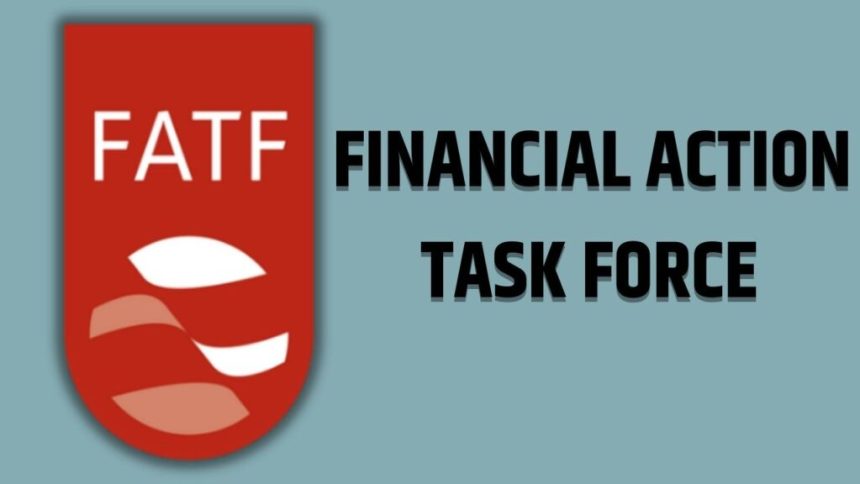Nigeria has recorded a significant global achievement with its removal from the Financial Action Task Force (FATF) grey list — a development that restores international confidence in the nation’s financial system and underscores President Bola Tinubu’s ongoing economic reform agenda.
The FATF, the world’s foremost standard-setting body on combating money laundering and terrorist financing, announced on Friday that Nigeria, alongside South Africa, Mozambique, and Burkina Faso, had been delisted after making substantial progress in strengthening their Anti-Money Laundering and Countering the Financing of Terrorism (AML/CFT) regimes.
President Tinubu described Nigeria’s removal from the list as a landmark accomplishment reflecting the country’s steadfast commitment to financial transparency, institutional reform, and global best practices.
In a statement issued by his Special Adviser on Information and Strategy, Mr. Bayo Onanuga, the President noted that the delisting followed Nigeria’s full and timely implementation of its FATF Action Plan — the culmination of over two years of sustained national reform, coordination, and enhanced inter-agency collaboration.
Onanuga attributed the success to the concerted efforts of key institutions, including the Nigerian Financial Intelligence Unit (NFIU), the Office of the Attorney-General of the Federation, the Ministry of Finance and Coordinating Minister of the Economy, and the Ministry of Interior.
President Tinubu commended the Director and Chief Executive Officer of the NFIU, Ms. Hafsat Abubakar Bakari, and her team for their professionalism, dedication, and leadership in ensuring Nigeria’s compliance with FATF standards.
“This achievement would not have been possible without their diligence and sacrifice,” the President said. “I commend their commitment and urge other public institutions to emulate their example.”
He further emphasized that Nigeria’s removal from the grey list is not merely a technical milestone but a strategic advancement that will enhance investor confidence and reinforce the country’s credibility in the global financial system.
“The exit from the FATF grey list marks a new phase in our economic reform journey,” President Tinubu stated. “We will sustain this momentum, deepen institutional reforms, strengthen inter-agency collaboration, and continue to build a financial system that inspires both domestic and international trust.”
Nigeria was initially placed on the FATF grey list in February 2023 following the identification of strategic deficiencies in its AML/CFT framework — a classification that subjected the country to heightened international monitoring and slowed financial transactions and cross-border engagements.
















